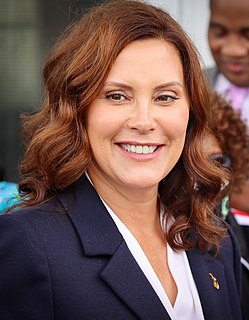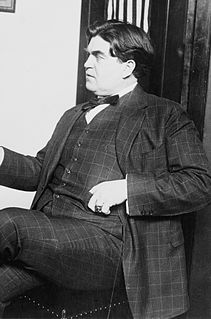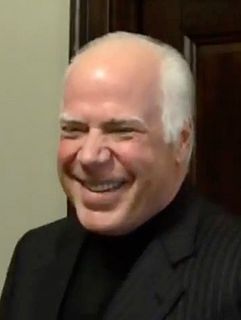A Quote by Gretchen Whitmer
I was considered the most progressive person the whole time I was in the legislature. I negotiated health care, I negotiated a minimum wage increase.
Quote Topics
Related Quotes
On issue after issue, the polls - and these are not snapshot polls; these are polls over a consistent period of time - show that most Americans share what one could call core liberal or progressive values: investment in health care and education over tax cuts; fair trade over free trade; corporate accountability over deregulation; environmental protection over laissez-faire policies; defending Social Security and Medicare over privatizing them; raising the minimum wage over eliminating it. The country prefers progressive alternatives to the failed policies of the conservative right.
[A] family with two kids that earns the minimum wage still lives below the poverty line. That's wrong. That's why, since the last time this Congress raised the minimum wage, 19 states have chosen to bump theirs even higher. Tonight, let's declare that in the wealthiest nation on Earth, no one who works full-time should have to live in poverty, and raise the federal minimum wage to $9 an hour.
If I thought that raising the minimum wage was the best way to help people increase their pay, I would be all for it, but it isn't. If you raise the minimum wage, you're going to make people more expensive than a machine. And that means all this automation that's replacing jobs and people is only going to be accelerated.
































